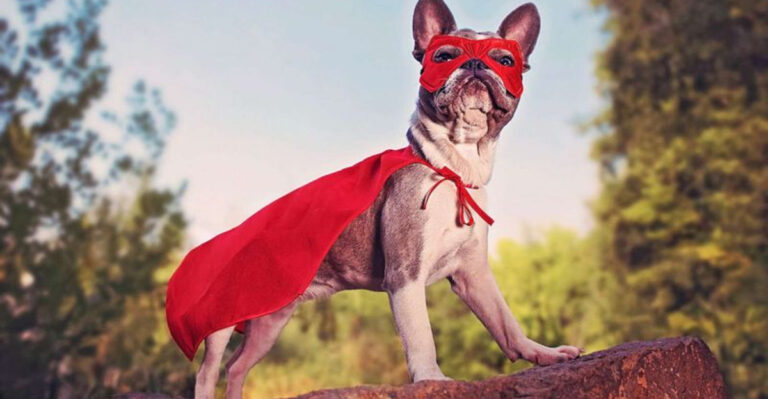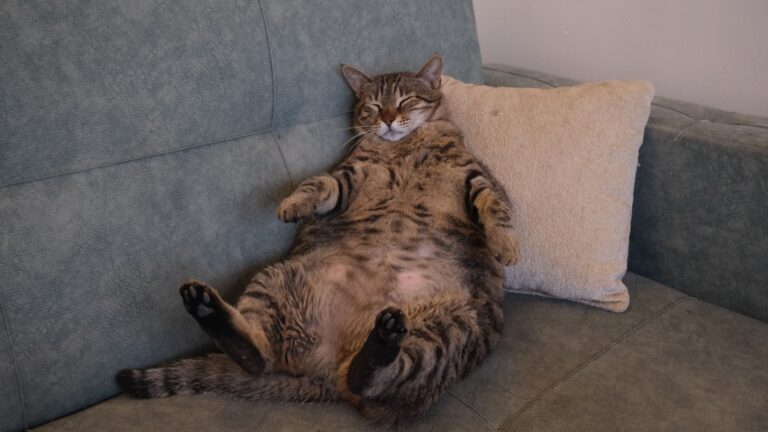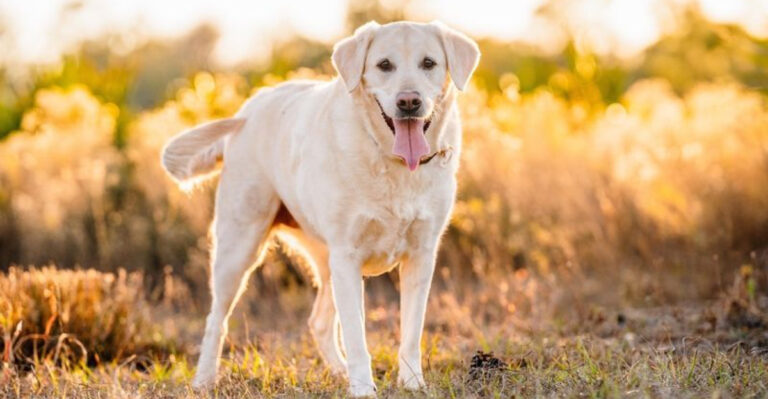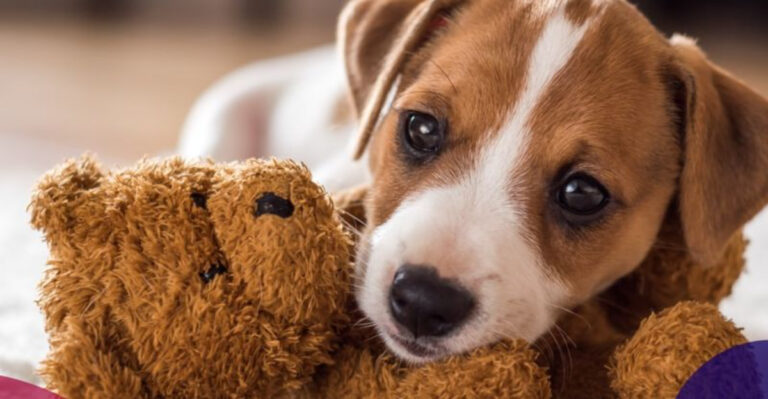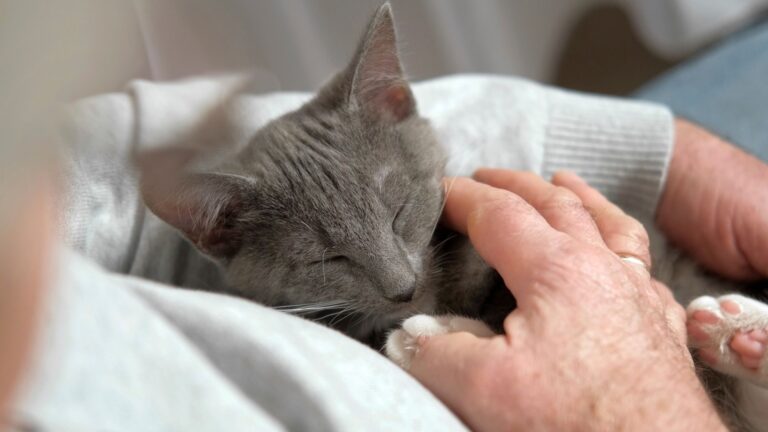13 Things You Should Never Say To Someone Grieving The Loss Of Their Cat
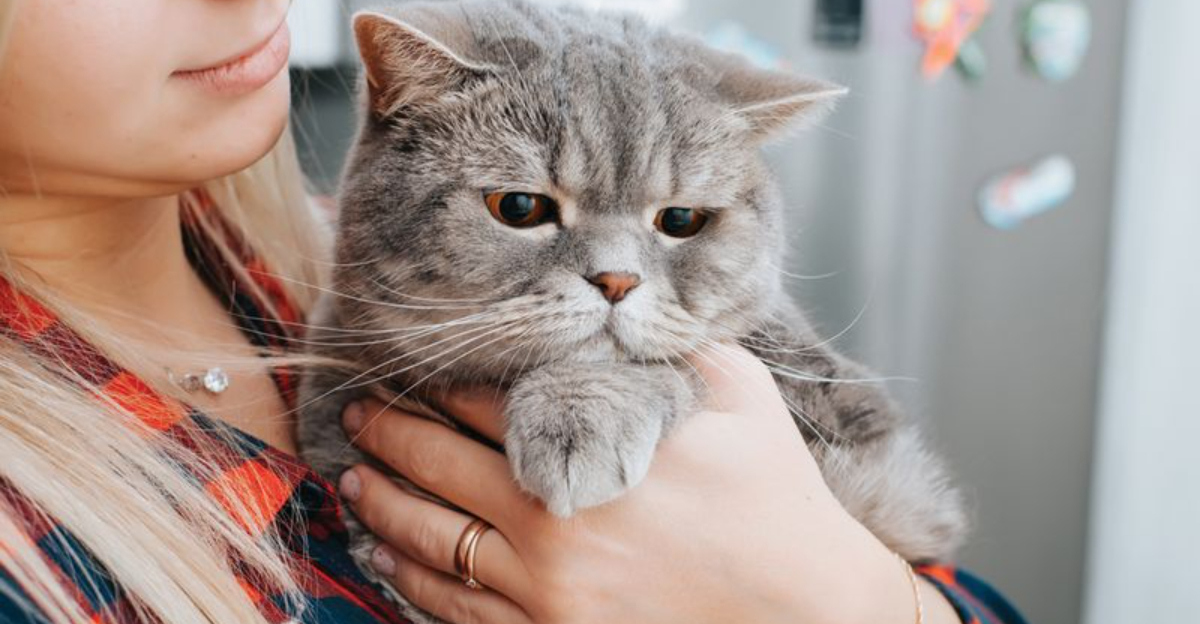
Losing a pet cat can be as devastating as losing a family member. The bond between humans and their feline companions runs deep, creating a void that’s hard to fill when they’re gone.
Unfortunately, well-meaning friends and family often say things that unintentionally hurt someone mourning their beloved cat. Here are some phrases to avoid when comforting someone grieving their feline friend.
1. “It’s just a cat!”
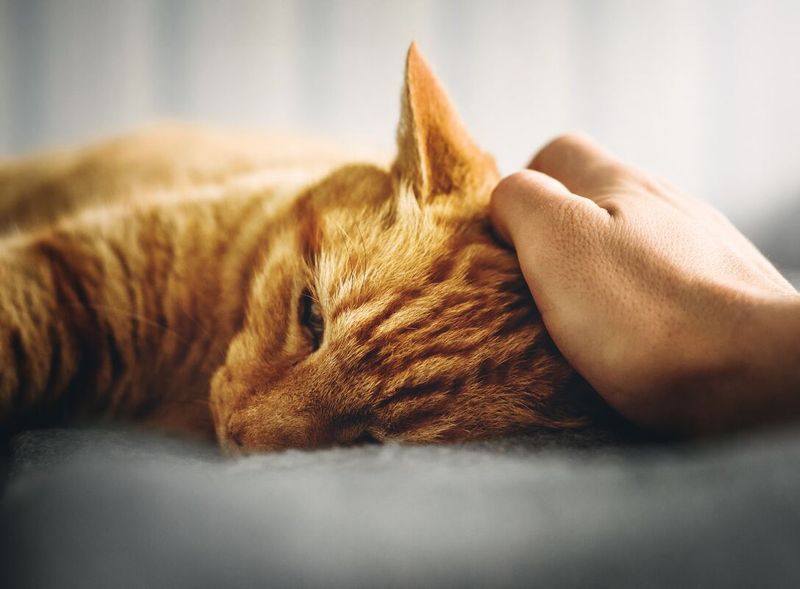
This dismissive statement minimizes the deep bond between a person and their feline companion. For many cat owners, their pet is family – a being they’ve shared their home, routines, and hearts with for years.
Cats witness our highest highs and lowest lows without judgment. They’re present through breakups, job losses, and celebrations, becoming woven into the fabric of our daily lives.
The grief someone feels isn’t proportional to the species they’ve lost, but to the love they shared. Respecting this bond, rather than diminishing it, shows true empathy during someone’s painful journey through pet loss.
2. “You can always get another one!”

Suggesting replacement trivializes the unique personality and relationship that can’t be duplicated. Each cat has distinct quirks, habits, and ways of showing affection that made them irreplaceable in their owner’s heart.
A grieving cat parent isn’t missing just any feline – they’re mourning the specific way their cat curled against them at night, their particular meow at feeding time, or how they greeted them at the door. These memories belong to an individual relationship.
Future pets may eventually bring new joy, but they’ll never be replacements. Healing happens on its own timeline, not when a new cat arrives.
3. “At least you didn’t lose a child!”

Comparing grief creates a harmful hierarchy of suffering that helps no one. Pain isn’t a competition, and validating one person’s loss doesn’t require diminishing another’s experience.
For many, especially those without children, pets become their primary emotional outlet for nurturing and caregiving. The daily routines of feeding, grooming, and caring for a cat create profound attachment bonds that trigger genuine grief when broken.
The brain processes pet loss using many of the same grief pathways as human loss. Acknowledging someone’s pet grief as legitimate without comparison allows them the emotional space to heal properly without shame or guilt.
4. “Aren’t you over it yet?”

Grief follows no schedule. Pressuring someone to “move on” from losing their cat companion creates unnecessary guilt on top of their already painful emotions.
Research shows that the average grief period for a beloved pet can last anywhere from months to over a year. Some people maintain bonds with deceased pets throughout their lives, keeping special mementos or observing death anniversaries.
Everyone processes loss differently – some might seem fine outwardly while still feeling waves of sadness privately. A better approach is asking, “How are you feeling about your cat today?” This acknowledges their ongoing feelings without judgment about their duration or intensity.
5. “You’re crying this much over a pet?”

Questioning someone’s emotional response to losing their cat only compounds their pain. Tears are a natural reaction to loss, regardless of species.
Modern science confirms what cat owners already know – the human-animal bond creates genuine attachment. Brain studies show that looking at our pets activates the same oxytocin pathways as parent-child bonds, explaining the depth of grief when that connection is severed.
Many cat owners spend more time with their pets than with most humans. Their cat witnessed private moments, provided unconditional comfort during difficult times, and created a safe space of acceptance. These deep emotional connections deserve respect, not judgment, when they’re broken by death.
6. “Cats don’t really love people anyway!”
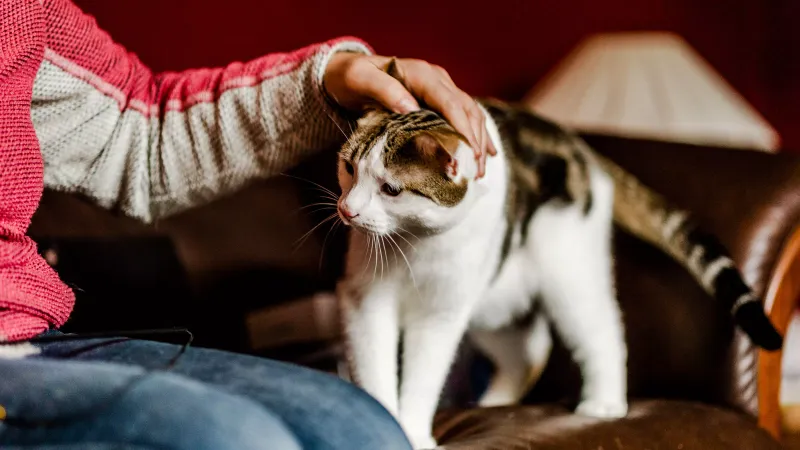
This cruel myth dismisses the genuine bond that existed between a grieving owner and their cat. Anyone who’s experienced a cat’s affection knows this statement couldn’t be further from truth.
Cats show love differently than dogs – through slow blinks, purrs, gentle head-butts, and choosing to spend time near their humans. Research has confirmed cats form secure attachments to their owners similar to human children and dogs.
Many cats greet their owners at the door, sleep beside them for comfort, and seek them out when frightened. Suggesting these behaviors weren’t genuine love compounds grief with doubt about a relationship that brought real joy and meaning to someone’s life.
7. “Why don’t you just get a dog next time?”

Suggesting a different species shows complete misunderstanding of what cat lovers appreciate about their feline companions. Cat people cherish the unique qualities cats bring – their independence alongside affection, quiet companionship, and the special feeling of being chosen by a creature that doesn’t automatically love everyone.
Dogs and cats offer entirely different relationships and living experiences. A person grieving their cat isn’t missing generic pet companionship – they’re missing purrs, kneading paws, and the particular way their cat communicated needs.
Instead of suggesting replacement with a different species, acknowledge the special qualities of the cat they lost and give them space to honor that specific relationship.
8. “Be glad you don’t have to clean the litter box anymore!”

Finding a “silver lining” in someone’s loss by pointing to minor inconveniences completely misses what pet ownership means. The daily tasks of cat care – feeding, grooming, even litter box cleaning—are expressions of love and part of the relationship’s routine.
Many grieving cat owners actually miss these caretaking rituals. The sudden absence of responsibilities that structured their days around their pet creates an emptiness more painful than any convenience gained.
For genuine cat lovers, the minor hassles were insignificant compared to the joy their companion brought. Suggesting they should feel relief rather than grief fundamentally misunderstands the depth of connection they’ve lost.
9. “I know exactly how you feel – my hamster died last year!”

While well-intentioned, equating different pet relationships can feel diminishing. Though all pet loss hurts, the years-long daily intimacy with a cat creates a different grief experience than losing a pet with a naturally shorter lifespan or different interaction level.
Cats often live 15-20 years, becoming witnesses to significant life chapters – moves, relationships, career changes. They integrate deeply into daily routines and emotional support systems.
Instead of claiming identical understanding, try “I’ve experienced pet loss too, though I know each relationship is unique. I’m here if you want to talk about what made your cat special.” This acknowledges their specific loss while still offering empathetic connection.
10. “Maybe this is a sign you shouldn’t have pets!”

This devastating statement suggests someone’s grief is a weakness rather than a natural response to love. The pain of loss is directly proportional to the depth of connection – meaning their strong grief actually demonstrates what a loving, committed pet owner they were.
Throughout human history, we’ve formed bonds with animals despite knowing we’ll likely outlive them. The enrichment pets bring to our lives makes the inevitable heartbreak worthwhile for most people.
Many veterinarians and animal behaviorists believe the opposite – that willingness to grieve deeply shows someone has the emotional capacity needed for the pet-human bond. True compassion means supporting someone through grief, not suggesting they avoid future love.
11. “You know cats carry diseases, right?”

Bringing up negative information about cats while someone is grieving their beloved pet is incredibly hurtful. This tactless statement implies they should feel relief rather than grief, while also suggesting their cherished companion was somehow dangerous or problematic.
The vast majority of cat owners live harmoniously with their pets without health issues. Modern veterinary care, regular checkups, and basic hygiene practices address most potential concerns.
More importantly, research consistently shows the mental health benefits of cat ownership far outweigh any risks. Cats reduce stress, lower blood pressure, and provide emotional support – all positive impacts that someone is now missing while being needlessly reminded of theoretical negatives.
12. “Well, cats don’t live that long anyway!”

The predictability of loss never diminishes its pain. Many cats live 15-20 years – longer than most other pets – becoming deeply integrated into their owners’ lives through major life transitions and daily routines.
This statement implies the grieving person should have emotionally prepared better, placing blame rather than offering comfort. Knowing loss is coming doesn’t prevent attachment or make grief easier; parents don’t love their children less despite knowing they’ll eventually leave home.
The human heart doesn’t calculate love based on expected lifespan. Instead of minimizing their loss with life expectancy statistics, acknowledge that their cat’s presence, however long, mattered deeply and deserves to be mourned.
13. “It was just an animal – it didn’t have a soul!”

Religious or philosophical beliefs about animal souls should never be weaponized against someone in grief. Many major religions actually recognize animals’ spiritual significance, and countless pet owners have witnessed evidence of their cats’ distinct personalities, emotional intelligence, and capacity for connection.
Cats remember people, form preferences, show affection, and develop complex relationships with their humans. Whether these qualities constitute a “soul” is a deeply personal interpretation.
Regardless of theological positions, the bond was real and meaningful to the grieving person. Respecting their experience means acknowledging their cat mattered deeply, regardless of differing beliefs about what happens after death.

